The MuseFlow Blog
Discover what’s new with MuseFlow
If you're looking for piano chords for beginners, you've come to the right place. Chords are the building blocks of music, and mastering just 12 essential chords will unlock thousands of songs. With MuseFlow, you can learn these chords in context, not just as isolated finger positions, making your learning faster and more musical.
Let's dive into the must-know piano chords for beginners that will transform you from a note-by-note player into someone who can actually accompany songs.
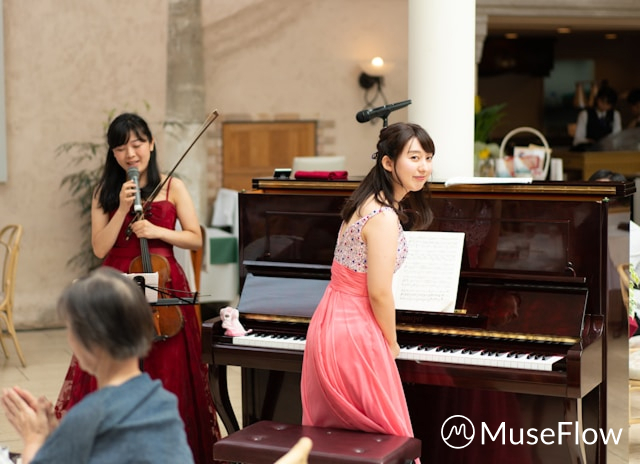
Why These 12 Chords Matter
Before we list them, let's understand why these specific chords are so powerful. These are the most common chords in Western music, appearing in everything from pop to classical. Once you know them, you'll start recognizing them everywhere. More importantly, these chords form the foundation for understanding music theory, harmony, and improvisation.

The 12 Must-Know Piano Chords
1. C Major (C-E-G)
This is the most fundamental chord. It's all white keys, making it easy to find and play. C Major is the "home" chord in the key of C, and it has a bright, happy sound. You'll find it in countless songs.
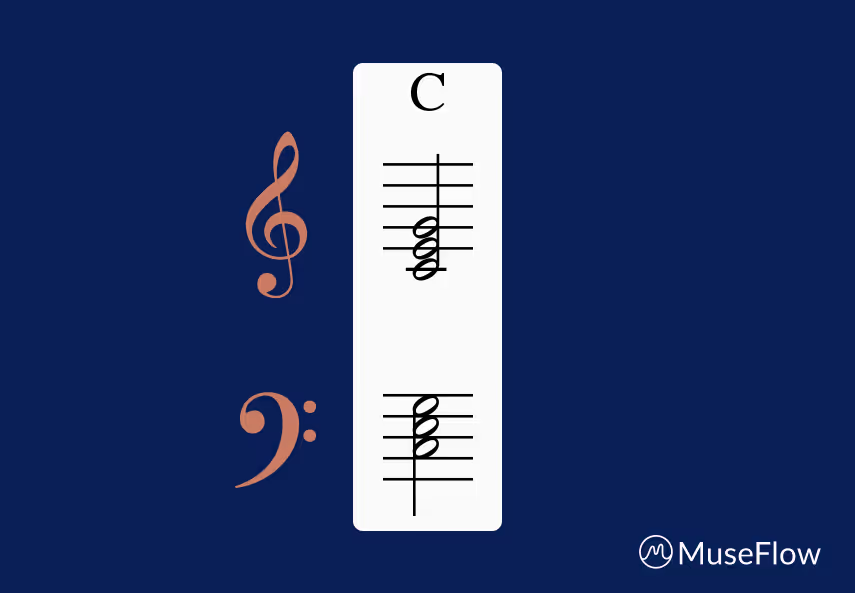
2. G Major (G-B-D)
Another bright, uplifting chord. G Major is often used in conjunction with C Major, creating a sense of movement and resolution. It's essential for playing in the key of C and G.
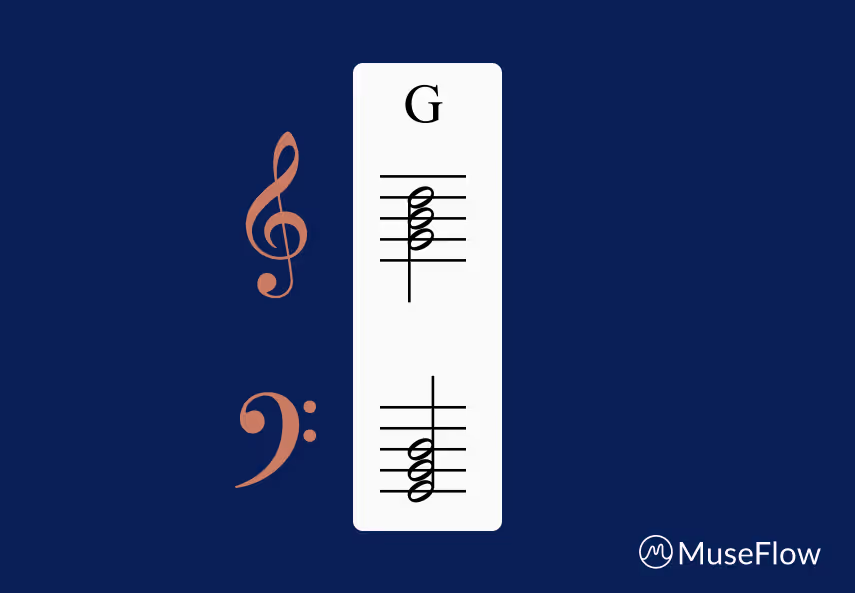
3. D Major (D-F#-A)
D Major introduces your first black key (F#). It has a strong, confident sound and is crucial for playing in the keys of D and G.
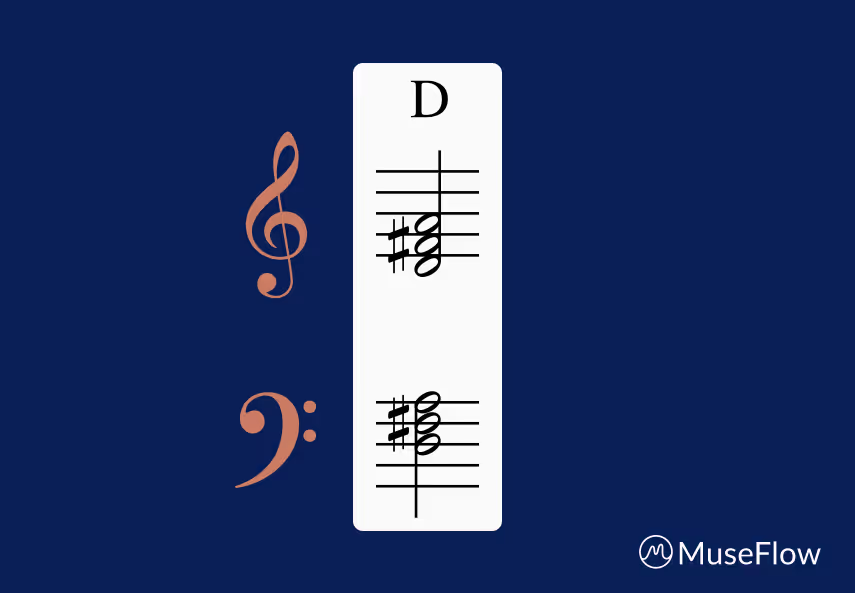
4. A Major (A-C#-E)
A Major is warm and resonant. It's a staple in folk, country, and rock music. Learning this chord helps you understand how sharps work in chord construction.
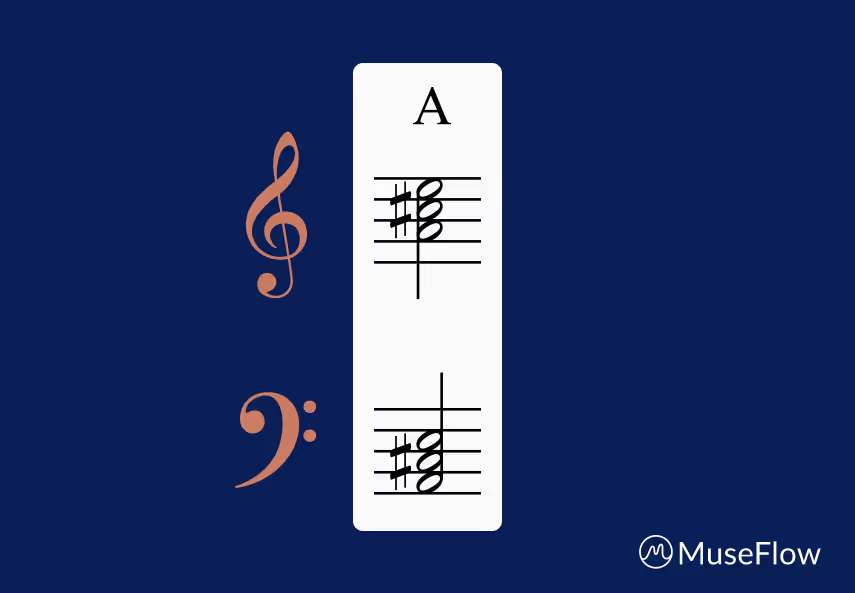
5. E Major (E-G#-B)
E Major is bold and assertive. It's commonly used in blues and rock progressions. This chord is essential for playing in the key of E and A.
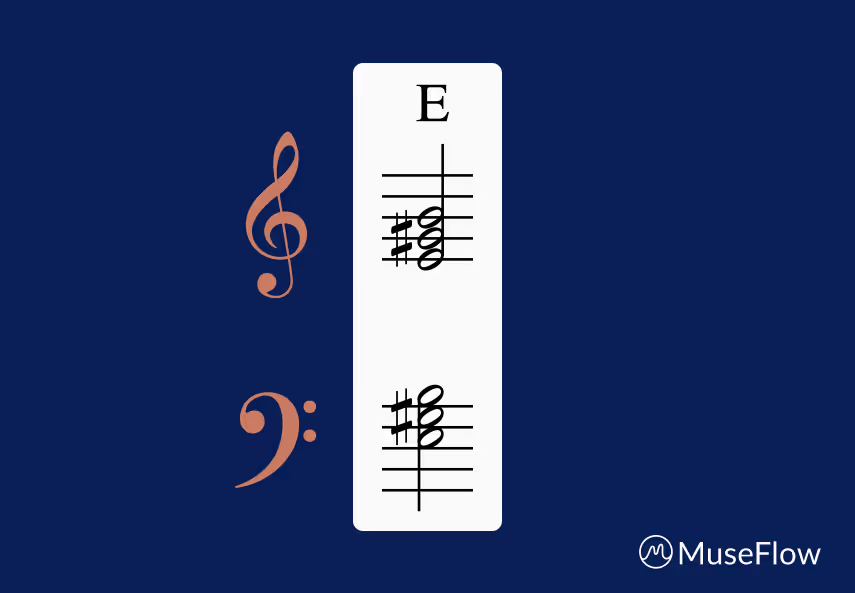
6. F Major (F-A-C)
F Major is slightly more challenging because it often requires a different hand position, but it's incredibly common. It has a smooth, mellow sound and is vital for playing in the key of C.
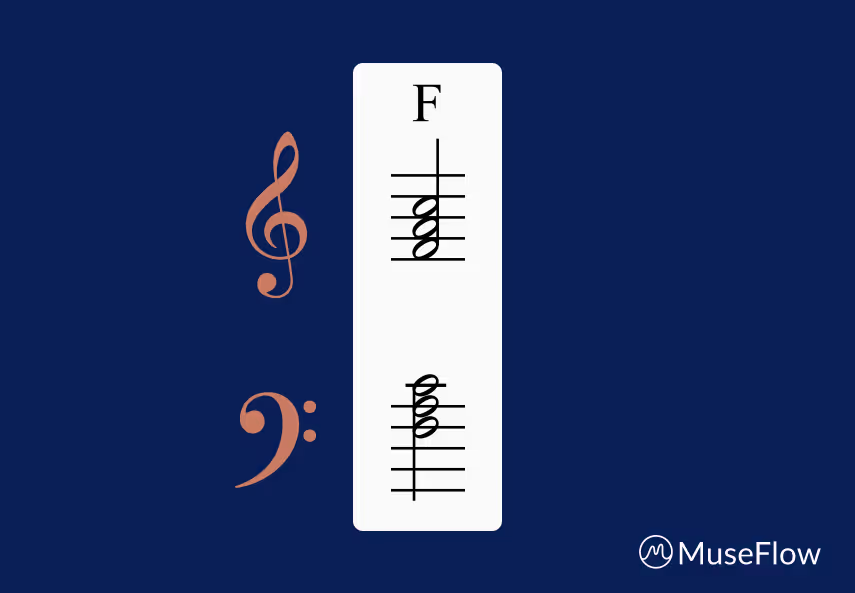
7. A Minor (A-C-E)
Now we enter the minor chords, which have a sadder, more introspective sound. A Minor is the relative minor of C Major, meaning they share the same notes but have a different tonal center. It's one of the most used minor chords.
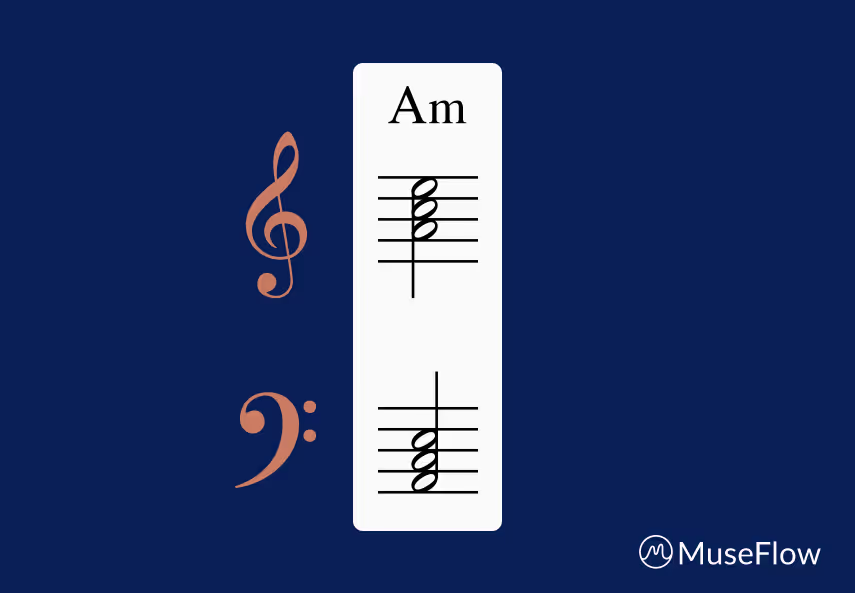
8. E Minor (E-G-B)
E Minor is hauntingly beautiful. It's all white keys, making it easy to play, and it's used extensively in ballads and emotional pieces.
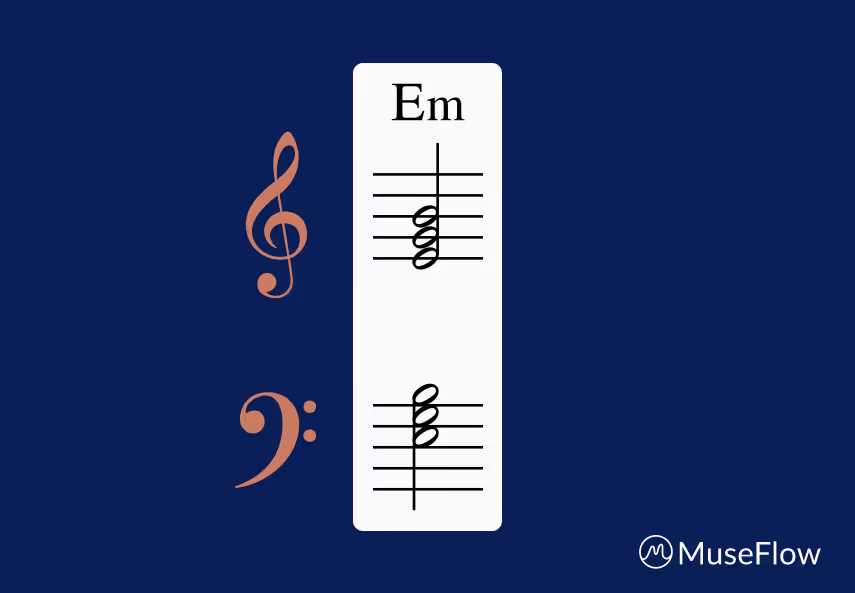
9. D Minor (D-F-A)
D Minor has a melancholic, dramatic quality. It's often used in classical music and adds depth to chord progressions.
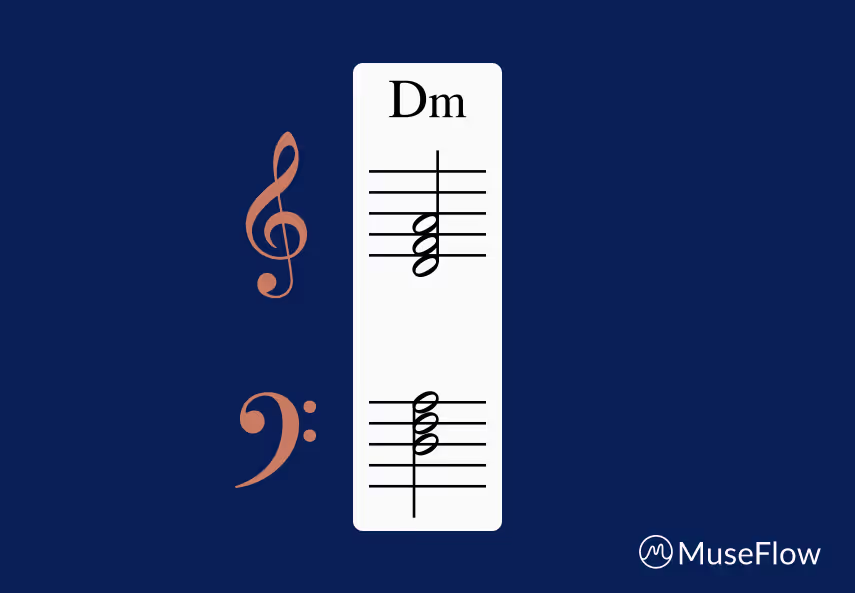
10. B Diminished (B-D-F)
This is a special chord. Diminished chords have a tense, unresolved sound that creates movement in music. B Diminished is the most common diminished chord for beginners and is essential for understanding how chords function.

11. G7 (G-B-D-F)
This is a dominant seventh chord, which means it has four notes instead of three. G7 has a strong pull towards C Major, making it perfect for creating tension and resolution. It's used in jazz, blues, and classical music.
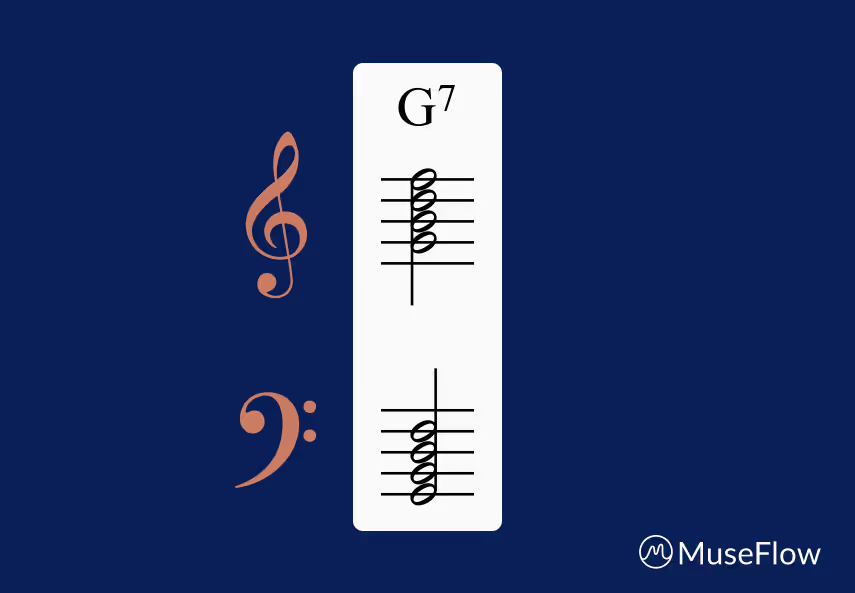
12. C7 (C-E-G-Bb)
C7 is another dominant seventh chord. It creates a bluesy, jazzy sound and is used to transition to F Major. Learning seventh chords opens up a whole new world of harmonic possibilities.
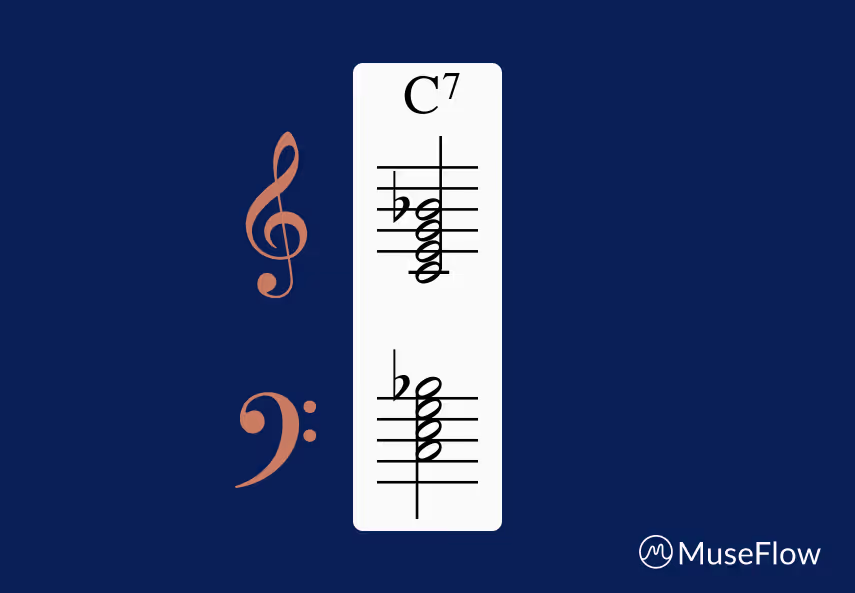
How to Practice These Chords with MuseFlow
Memorizing finger positions is one thing. Understanding how these chords function in music is another. This is where MuseFlow's approach shines. Instead of drilling isolated chords, you learn them in the context of real music through our sight reading exercises and repertoire library.
As you progress through MuseFlow's levels, you'll encounter these chords naturally. You'll see how they connect, how they resolve, and how they create the emotional landscape of a piece. This contextual learning is far more effective than rote memorization. Research on music learning shows that understanding the "why" behind the "what" leads to deeper, more lasting skills.

The Secret to Mastering Piano Chords
Here's the truth: knowing piano chords to play any song isn't just about memorizing shapes. It's about training your ear to hear them and your fingers to find them automatically. This comes from consistent, varied practice.
MuseFlow's never-repeating music generation ensures you're always encountering these chords in new contexts. You're not just playing C Major in one song; you're playing it in hundreds of different musical situations. This builds true fluency.
The benefits of learning piano extend far beyond the technical. It enhances cognitive function, emotional intelligence, and creative expression. And it all starts with mastering these foundational chords.

Ready to put these chords into action? Try MuseFlow for free and start learning piano chords for beginners the right way.. in context, with real music, and with instant feedback that makes every practice session count.
Piano Sight Reading for Beginners: Daily Exercises to Read Music Faster
For anyone starting their journey with piano sight reading for beginners, the goal is simple: to look at a piece of sheet music and play it correctly on the first try. It sounds like a superpower, but it's a skill like any other.. one that can be built with consistent, focused practice. With a revolutionary tool like MuseFlow, you can turn this daunting task into an engaging daily habit.
Forget dry, boring drills. This is your action plan for learning to read music faster, using daily exercises that feel more like a game than a chore.
The Foundation: What is Sight Reading, Really?
Before we dive into the exercises, let's clarify what we're aiming for. Sight reading isn't about memorizing songs. It's about understanding the language of music so you can interpret it in real-time. It involves three core skills:
- Note Recognition: Instantly knowing which note is on the staff.
- Rhythm Recognition: Understanding the duration of each note and rest.
- Pattern Recognition: Seeing groups of notes as chords or melodic phrases, not just individual dots.
The key to improving all three is consistent exposure to new material. This is where traditional methods fall short and modern tools excel.

Your Daily Sight Reading Action Plan (15-20 Minutes)
Consistency is more important than duration. A focused 15-minute session every day is far more effective than a two-hour cram session on the weekend. Here's how to structure your daily practice with MuseFlow for maximum results.
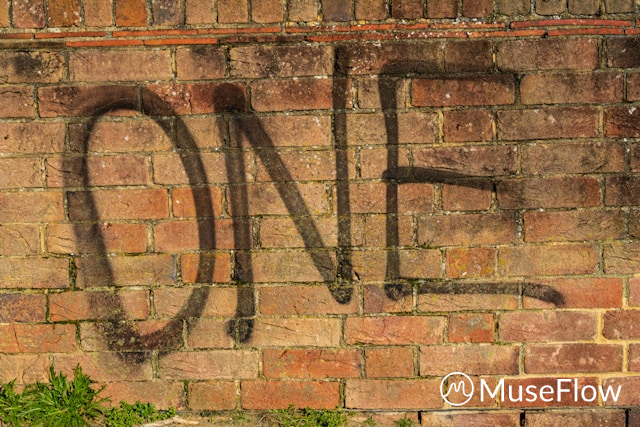
Part 1: The Warm-Up (3-5 Minutes)
- Goal: Activate your brain and fingers.
- Action: Open MuseFlow and head to the Sight Reading Trainer. Start with a level that feels easy.. almost too easy. The goal here isn't to struggle, but to build confidence and get into the flow. Focus on accuracy. Don't worry about speed. Play through a few exercises, aiming for 95%+ accuracy. This tells your brain, "Okay, it's time to read music."
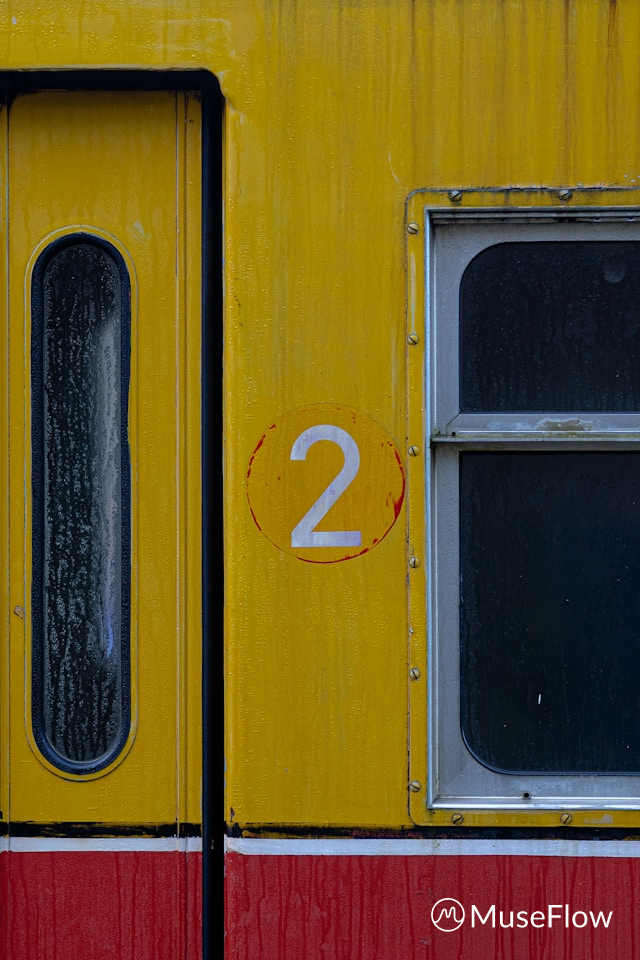
Part 2: The Core Workout (10 Minutes)
- Goal: Push your limits and build new skills.
- Action: Now, move to a level in the Sight Reading Trainer that is challenging but not impossible. This is your "learning zone." You should be making some mistakes, but not so many that you feel discouraged. Here's how to make the most of this time:
- Focus on One Thing at a Time: Don't try to fix everything at once. For the first few minutes, focus only on note accuracy. Ignore rhythm. For the next few minutes, focus only on rhythm. Even if you play a wrong note, play it with the correct timing. This isolates the skills and helps your brain process them more effectively.
- Use the Feedback: MuseFlow's real-time feedback is your secret weapon. A red note means you played the wrong pitch. A yellow note means your timing was off. Pay close attention to these cues. They are your personal teacher, correcting you on every single note.
- Embrace the "Never-Repeating" Engine: This is the most crucial element for piano sight reading for amateurs. Because MuseFlow generates new music every time, you are always sight reading. You can't cheat by memorizing the exercises. This constant novelty is what builds true, transferable skills. Research on sight reading development confirms that exposure to a high volume of novel material is the fastest way to improve.

Part 3: The Cool-Down (2-5 Minutes)
- Goal: End on a high note and consolidate your learning.
- Action: Go back to an easier level or jump into the Repertoire Library and play a song you enjoy. This is your reward. It reinforces the idea that the purpose of all this practice is to make music. Playing something fun after a challenging practice session helps solidify the new neural pathways you've built and makes you eager to come back the next day.
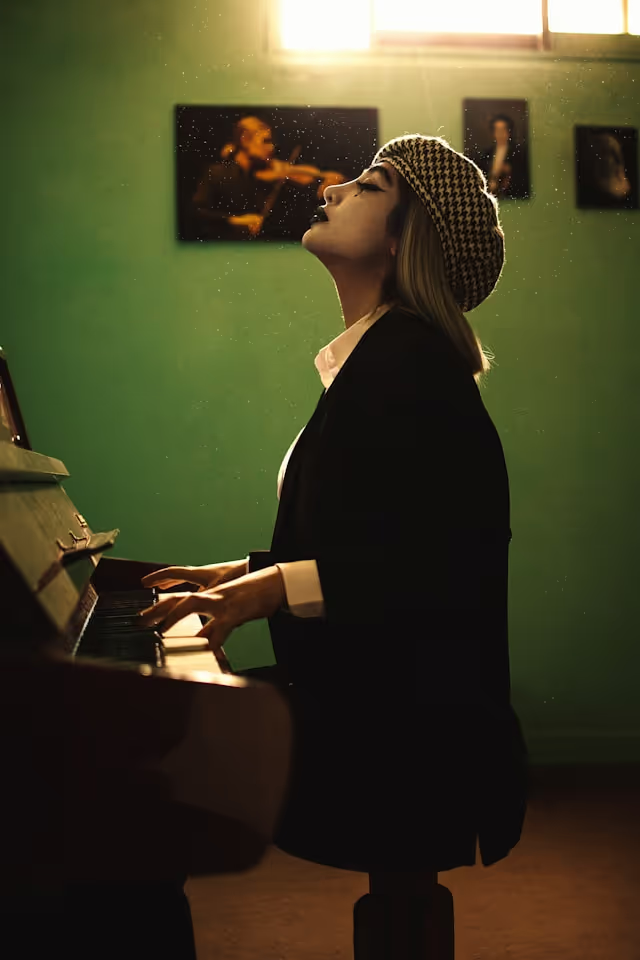
Why This Daily Plan Works
This structure is based on proven principles of skill acquisition:
- Progressive Overload: You start easy, push your limits, and then cool down. This is how you build any skill without burning out.
- Immediate Feedback: Correcting mistakes the moment they happen is exponentially more effective than waiting for a weekly lesson. Studies from USC show that consistent, responsive practice strengthens the neural networks required for musical proficiency.
- Varied Practice: By focusing on notes and rhythm separately, and by using never-repeating exercises, you're keeping your brain engaged and building more robust skills.
- Gamification: The entire MuseFlow experience is designed to be engaging. Accuracy scores, level progression, and achievements tap into your brain's reward system, making you want to practice.
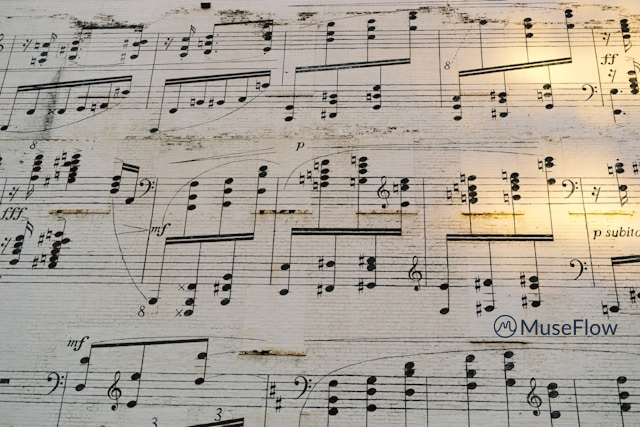
A Note for Ambitious Beginners
For beginners piano sight reading, the temptation is to jump ahead to complex music. Resist this urge. The foundation is everything. Spending a few weeks mastering the basics with this daily plan will make your progress much faster in the long run. The goal isn't to tackle a complex sonata by next month; it's to build a skill that will last a lifetime.
The journey of learning to sight read is one of the most rewarding in music. It unlocks a world of endless possibilities, allowing you to explore any piece of music you desire. With a structured daily plan and a powerful tool like MuseFlow's sight reading trainer, you're not just practicing.. you're building a superpower.
Ready to transform your sight reading skills? Try MuseFlow for free and start your daily action plan today!

How to Learn Piano Without a Teacher: Self-Taught Guide with Real-Time Feedback
So, you want to learn piano without a teacher? It's a goal that millions of people share, and with a tool like MuseFlow, it's more achievable than ever. But the internet is full of myths and half-truths about what it really takes to succeed. Can you really do it? Let's debunk some common myths and reveal the reality of self-taught piano in the modern age.
Myth vs. Reality: Learning Piano on Your Own
Myth #1: You need a teacher to correct your mistakes.
The Old Reality: This used to be true. Without a trained ear to catch wrong notes, rhythms, or techniques, self-taught students would often ingrain bad habits that were difficult to fix later. You could practice for a week, only to find out you were practicing the wrong thing all along.
The New Reality: Real-time feedback is your 24/7 teacher. This is the single biggest game-changer for anyone wondering how to learn piano without a teacher. A revolutionary app like MuseFlow connects to your MIDI keyboard and provides instant, note-by-note feedback.
- Play a wrong note? You'll see it in red, immediately.
- Is your timing off? The notes will show up yellow, guiding you to tighten your rhythm.
- Play it perfectly? You get that satisfying flash of green.
This seamless feedback loop means you're correcting mistakes the moment they happen, not a week later. It's a more efficient, more precise way to learn. Research from institutions like MIT has consistently shown that immediate and consistent feedback is crucial for developing musical skills.
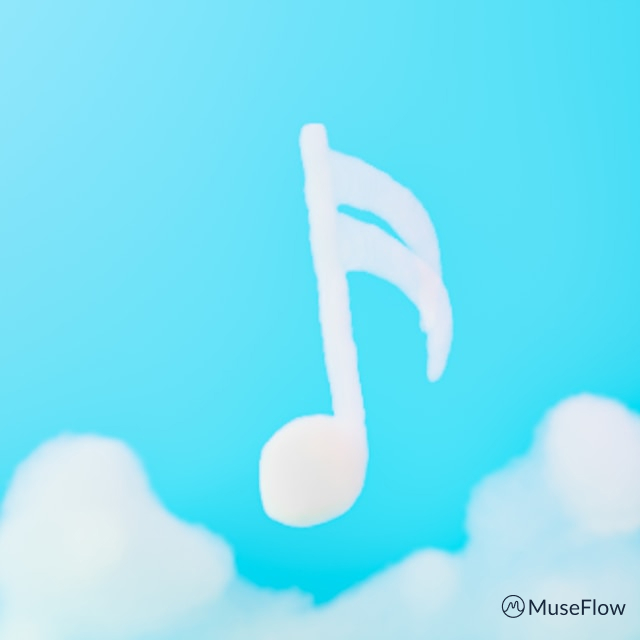
Myth #2: You won't learn proper technique without a teacher.
The Old Reality: A teacher is invaluable for showing you proper posture, hand position, and fingering. Without this guidance, self-learners were at risk of developing inefficient or even harmful habits.
The New Reality: Guided curriculum and visual aids build a strong foundation. While an app can't physically adjust your posture, MuseFlow's curriculum is designed to build technique systematically. The on-screen hand guides and clear visual instructions for fingering provide a strong starting point. More importantly, by focusing on sight reading from day one, you're training your hands and mind to work together efficiently. You're not just memorizing finger movements for one song; you're learning the universal language of music.
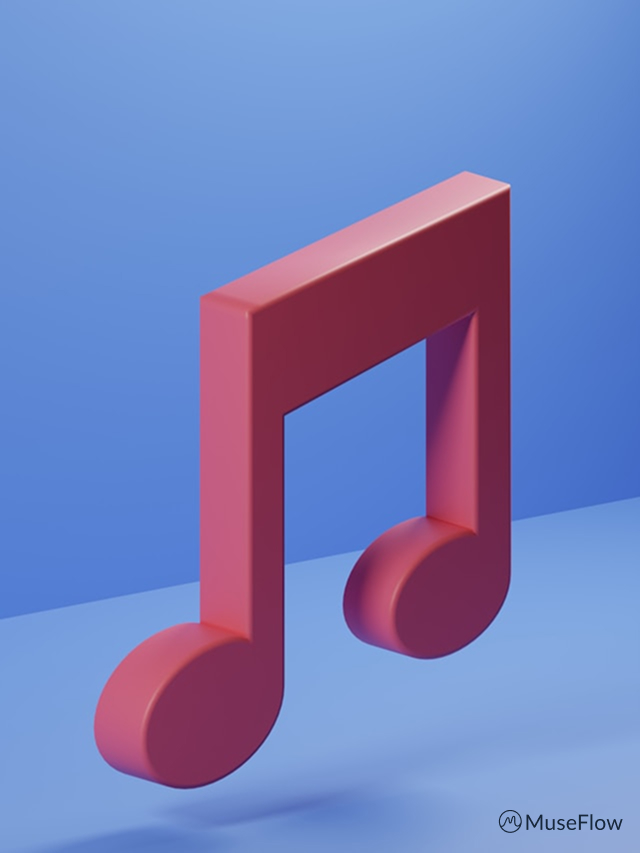
Myth #3: You'll get bored and lose motivation.
The Old Reality: This is a huge one. The lonely grind of practicing scales and drills from a dusty book is a notorious motivation killer. Without the accountability of a weekly lesson, it's easy to let practice slide.
The New Reality: Gamification makes practice feel like play. This is where modern tools truly shine. MuseFlow turns the entire learning process into an immersive game.
- You're not just practicing; you're completing levels and unlocking achievements.
- You're not just drilling; you're competing against your own accuracy score.
- You're not stuck on one boring piece; you have a vast song library to explore.
This ingenious approach keeps you engaged and creates a powerful sense of progress. When you can clearly see your skills improving every single day, motivation takes care of itself. This aligns with principles of Flow State, where challenge and skill are perfectly balanced to create a deeply satisfying experience.

Myth #4: You won't know what to practice next.
The Old Reality: A self-learner's journey was often a random walk through YouTube tutorials and method books. This lack of structure is confusing and inefficient. Do you learn chords first? Scales? Theory?
The New Reality: A clear, progressive path guides your journey. MuseFlow offers the best of both worlds: a structured 27-level curriculum that guides you from absolute beginner to advanced player, combined with the freedom to explore on your own. It's like having a campaign mode and an open-world in one. You can follow the proven path to build skills logically, or you can jump into the song library and tackle pieces that inspire you. This removes the guesswork and ensures you're always working on something that's both productive and enjoyable.
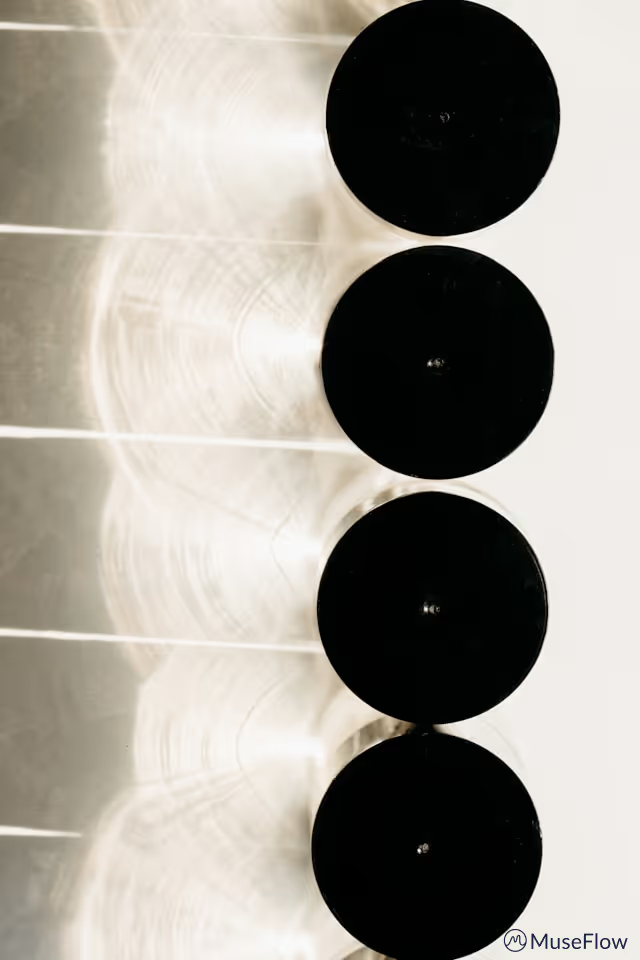
So, Can I Learn Piano Without a Teacher?
Yes. A thousand times, yes. The question is no longer if you can learn piano without a teacher, but how you do it. The key is to leverage technology that provides the essential elements a teacher once offered:
- Instant, Accurate Feedback: To correct mistakes in real-time.
- Structured Curriculum: To build skills in a logical order.
- Engaging Content: To keep you motivated and practicing consistently.
With a tool like MuseFlow, you're not just learning alone in the dark. You're learning with a powerful, responsive guide that's available anytime you are. It's a transformative approach that empowers you to take control of your musical journey. The benefits of learning an instrument are immense, and now, they are more accessible than ever.

Ready to start your self-taught journey the smart way? Try MuseFlow for free and discover how our real-time feedback can make you the musician you've always wanted to be.
Best Sight Reading App for Beginners: Learn Piano in 2 Minutes a Day with MuseFlow
Sight reading is one of the most important skills for pianists, especially for beginners. It enables musicians to interpret sheet music in real time instead of relying on memorization, opening the door to a broader repertoire and greater musical independence. Many adult learners struggle with sight reading because of limited practice time, inconsistent routines, or a lack of structured material. Even a few minutes of focused, high-quality practice can significantly improve fluency and confidence over time.
The “2-Minute Sight Reading Challenge” from MuseFlow demonstrates an approach designed to address these issues. By combining short, structured sessions with immediate feedback and varied exercises, this method provides an efficient pathway to developing sight reading skills.
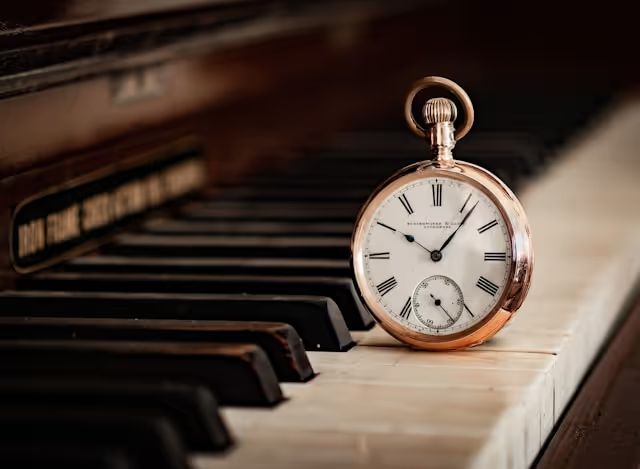
The 2-Minute Sight Reading Challenge
This method is simple and practical for beginners, particularly adults with limited time.
Step 1: Connect Your Instrument
Begin by connecting a MIDI keyboard to the MuseFlow app. Real-time feedback is central to this approach. Immediate correction allows learners to identify mistakes as they occur, reinforcing accurate patterns and reducing the chance of ingrained errors. Studies on learning show that instant feedback accelerates skill acquisition by strengthening neural pathways and supporting automatic recognition.
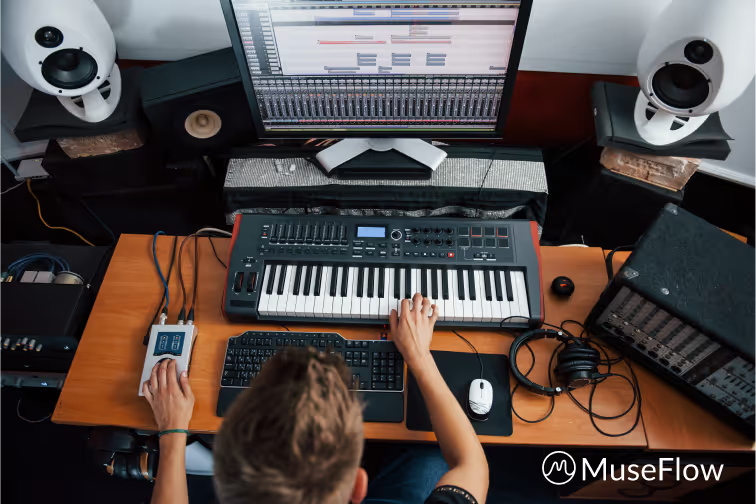
Step 2: Use the Sight Reading Trainer
Unlike traditional sheet music or fixed libraries, the Sight Reading Trainer generates an ongoing sequence of new exercises. This ensures that learners practice true sight reading rather than memorization. By encountering novel material at the right difficulty level, learners develop anticipation skills, pattern recognition, and adaptability—core components of fluent sight reading.
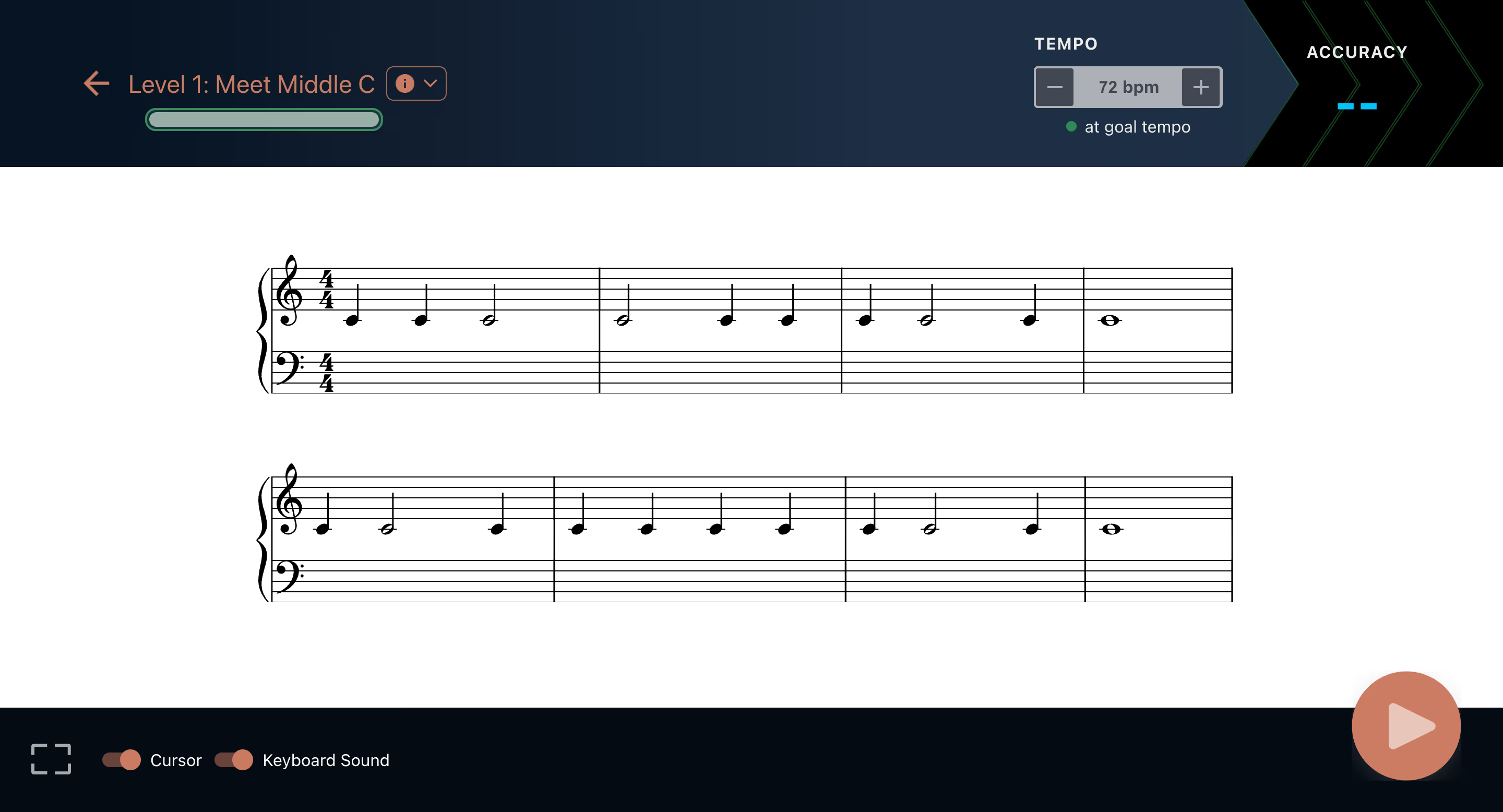
Step 3: Focus for 2 Minutes
Short, concentrated sessions are surprisingly effective. A two-minute commitment removes the mental friction of starting practice while encouraging full attention. Research indicates that brief, highly focused practice often produces better retention than longer, distracted sessions. Adults benefit from micro-practice sessions that fit into busy schedules, allowing consistent progress without feeling overwhelmed.
Step 4: Track Feedback in Real Time
Color-coded feedback—green for correct notes, yellow for timing adjustments, and red for errors—guides learners immediately. This enables rapid correction and reinforces proper technique. Immediate visual cues help learners internalize patterns more effectively than delayed feedback, which can slow progress and reduce engagement.
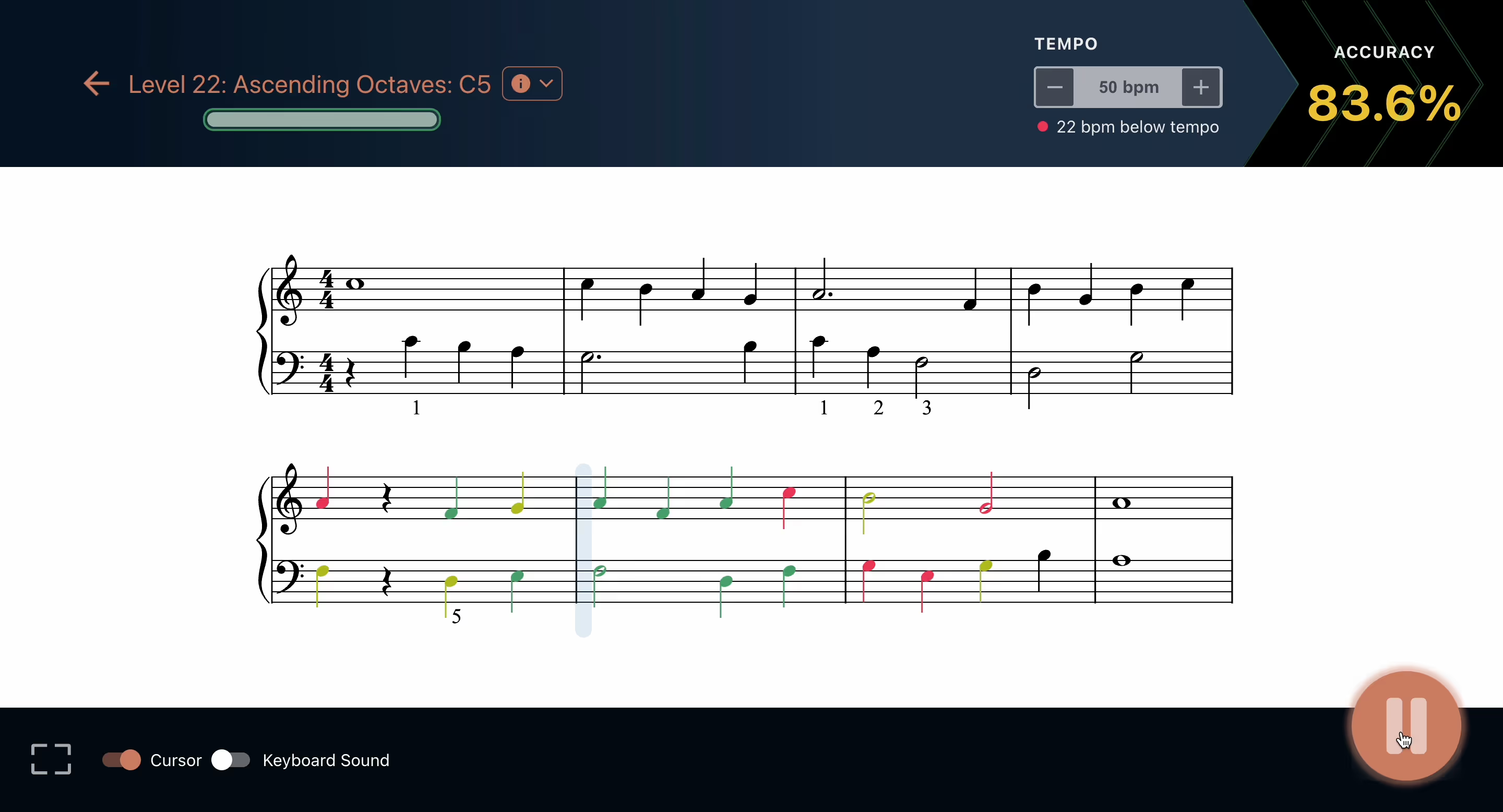
Step 5: Stop While Engaged
Ending practice at the point of peak engagement prevents fatigue and promotes a positive association with piano practice. Cognitive psychology research supports this strategy, showing that learners are more likely to sustain consistent routines when sessions end before exhaustion.
Why This Method Works
Several factors make the 2-minute approach effective for building sight reading skills:
- Reduces Starting Barriers: Short sessions make it easy to begin, overcoming the common obstacle of procrastination.
- Supports Focused Practice: Concentrated attention improves neural encoding, helping learners recognize musical patterns faster.
- Provides High-Volume Exposure: Algorithmically generated exercises introduce more musical variations in a short time than repetitive song practice, enhancing skill development efficiently.
- Encourages Consistency: Small, repeatable sessions create sustainable habits that support long-term learning.
The combination of these elements allows adult learners to steadily increase their sight reading fluency without overwhelming practice demands.
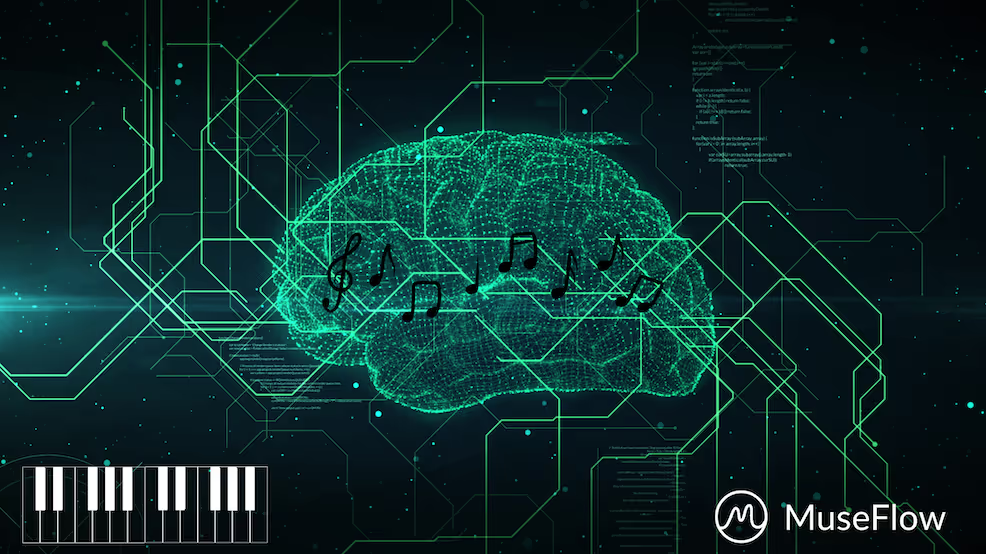
Cognitive and Musical Benefits
Sight reading practice offers benefits beyond simply playing new music. Consistent exposure to varied musical material strengthens memory, attention, and pattern recognition. It also enhances broader cognitive abilities such as problem-solving, auditory discrimination, and executive functioning. By developing musical literacy through structured practice, learners gain skills that contribute to overall cognitive flexibility and creative thinking.
Choosing an Effective Tool
Many apps focus primarily on memorization or gamification. While engaging, these approaches often fail to build genuine sight reading skills. A truly effective tool prioritizes structured progression, immediate feedback, and adaptive exercises that match the learner’s level. The 2-Minute Sight Reading Challenge demonstrates how short, well-designed sessions can produce measurable progress, even for busy adults.
Adopting short, repeatable practice sessions that gradually increase in complexity can help learners develop a foundation of sight reading skills that continues to grow over time. Combining focus, feedback, and varied material ensures that learners are not simply repeating the same exercises but are building real musical independence.

Conclusion
Evidence shows that short, structured practice sessions accelerate skill acquisition for beginners when combined with immediate feedback and clear progress tracking, an idea supported by research on microlearning and mastering skills in short time spans. By making practice approachable and rewarding, learners can steadily improve their sight reading and overall musicianship.
For practical guidance on integrating these principles into daily practice, see the MuseFlow blog for tips and example routines. By aligning piano practice with research-based learning strategies, beginners can build confidence, fluency, and long-term musical growth.
Adult Beginner Piano Plan: A Simple 7-Day MuseFlow Routine That Actually Works
Finding a realistic way to start learning piano as an adult can feel overwhelming. Unlike children, most adults don’t have long blocks of free time or the flexibility to attend frequent in-person lessons. Work schedules, family responsibilities, and mental fatigue all compete for attention. What many adults need is not more motivation, but a clear, time-efficient structure that fits into daily life without becoming another source of pressure.
This 7-day beginner piano framework is designed around how adults actually learn: through short sessions, clear goals, and visible progress. It is not about rapid transformation or mastering complex pieces in a week. The purpose is to establish a sustainable practice routine that builds real skills and encourages consistency.

The Core Idea: Short, Focused, Consistent Practice
Adult learning research consistently shows that achievable goals and self-directed pacing improve persistence and long-term engagement. Rather than long, exhausting practice sessions, adults benefit more from brief periods of focused effort repeated consistently. This plan uses daily sessions of 15–20 minutes—short enough to fit into a busy schedule, but structured enough to support progress.
Each day introduces a single learning focus, reducing cognitive overload and making practice feel manageable rather than intimidating.
Day 1: Orientation and First Notes (15 minutes)
Goal: Become comfortable with the instrument and basic feedback.
Action: Begin by familiarizing yourself with your keyboard layout and how feedback works during practice. Whether using a teacher, a learning app like MuseFlow, or another feedback method, the goal is simple exploration. Play individual notes, observe what feels natural, and focus on understanding how mistakes are identified.
Mindset: Curiosity. This is about orientation, not performance.

Day 2: Building Note Recognition (15 minutes)
Goal: Strengthen the connection between written notes and the keyboard.
Action: Today’s focus is accuracy, not speed. Take time to identify notes on the staff and locate them on the keyboard. Pausing to think is expected. This deliberate process helps build the mental mapping that sight reading depends on.
Mindset: Patience. Correct notes matter more than fast notes.
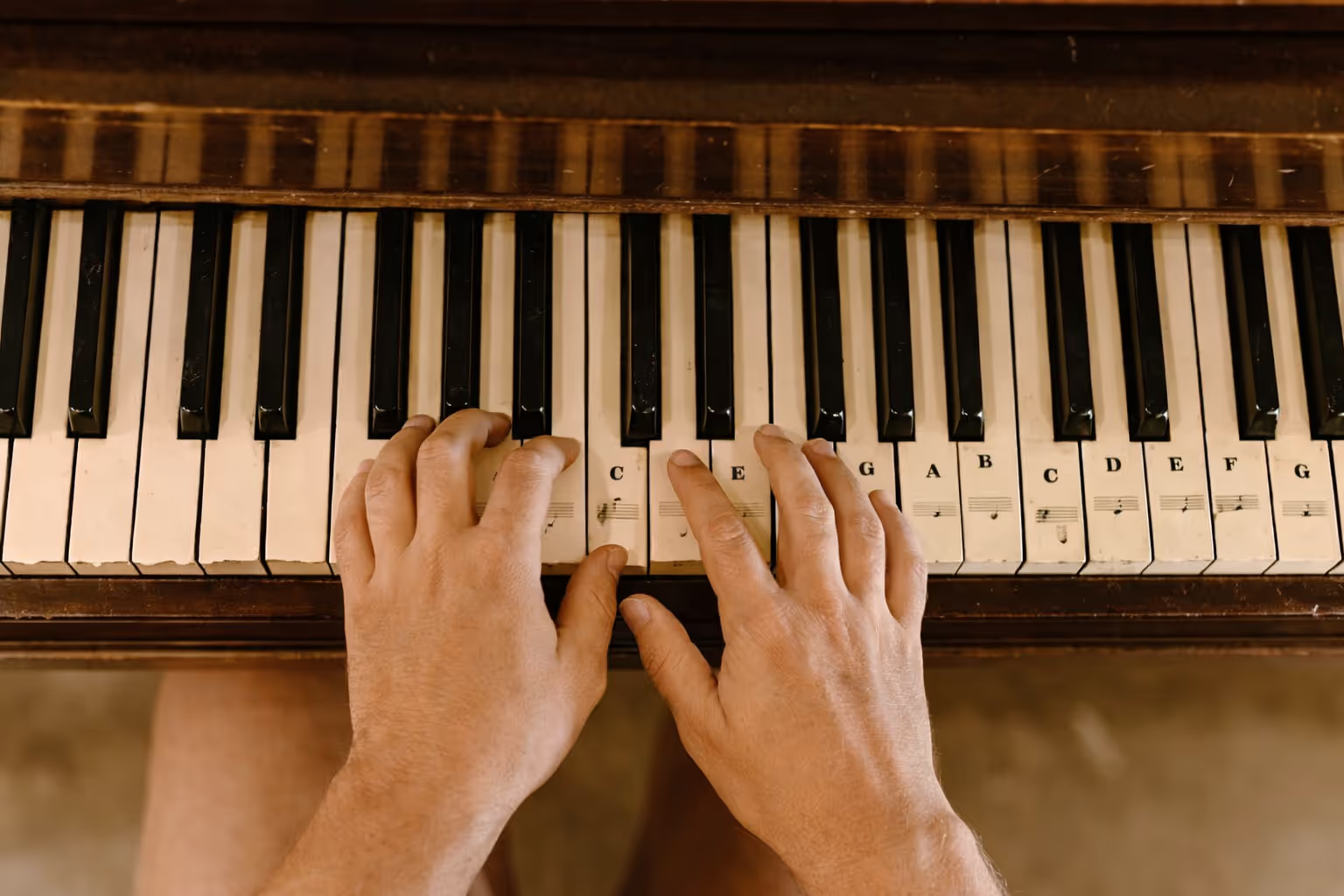
Day 3: Introducing Rhythm (20 minutes)
Goal: Add timing awareness to your playing.
Action: Rhythm is what turns notes into music. Practice playing with a steady beat, even if mistakes happen. Learning to stay in time develops coordination and prepares you for real musical pieces.
Mindset: Precision. Feel the pulse rather than chasing perfection.
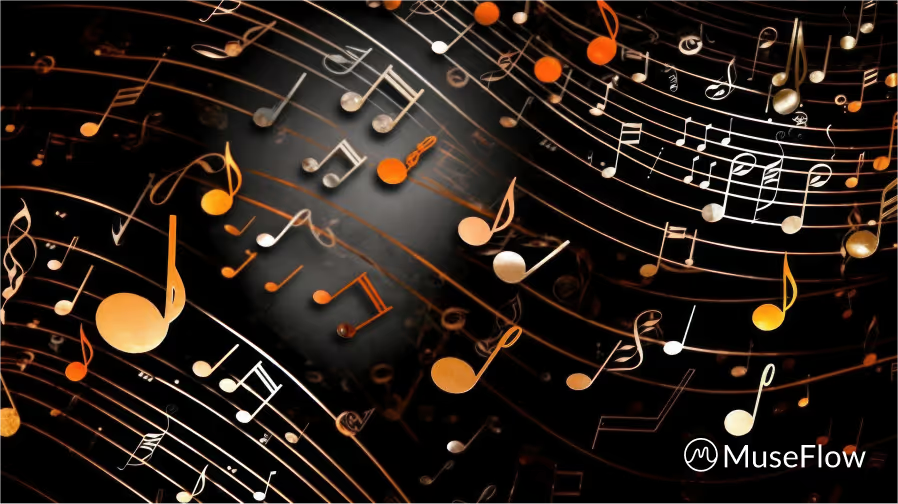
Day 4: Combining Notes and Rhythm (20 minutes)
Goal: Integrate pitch and timing together.
Action: This is often the most challenging step for beginners. Start with simple material and aim for consistency rather than flawlessness. Research on sight-reading development shows that practicing pitch and rhythm together accelerates fluency compared to isolating skills for too long.
Mindset: Focus. Difficulty here is a sign of real learning.

Day 5: Playing Simple Music (15 minutes)
Goal: Apply skills to recognizable pieces.
Action: Choose a simple song or exercise that resembles real music. The purpose is not mastery, but application. Playing musical material reinforces motivation and helps learners connect technical practice to expressive outcomes.
Mindset: Enjoyment. This is where effort starts to feel rewarding.
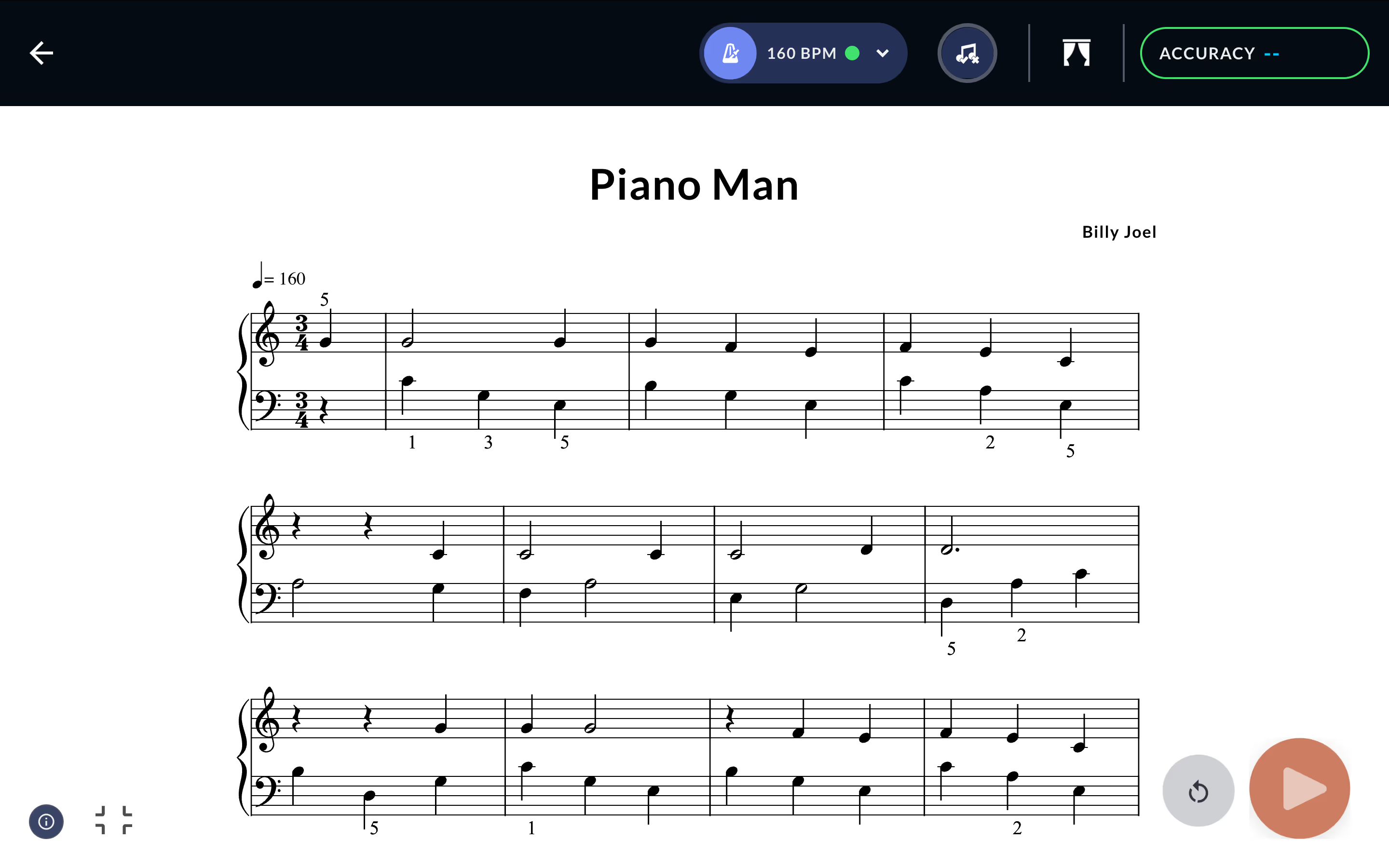
Day 6: Gentle Challenge (20 minutes)
Goal: Work slightly beyond your comfort zone.
Action: Select material that introduces small challenges without becoming frustrating. Educational research on skill acquisition describes this balance as the “optimal learning zone,” where progress is strongest when difficulty is neither too easy nor overwhelming.
Mindset: Growth. Mistakes are part of improvement.
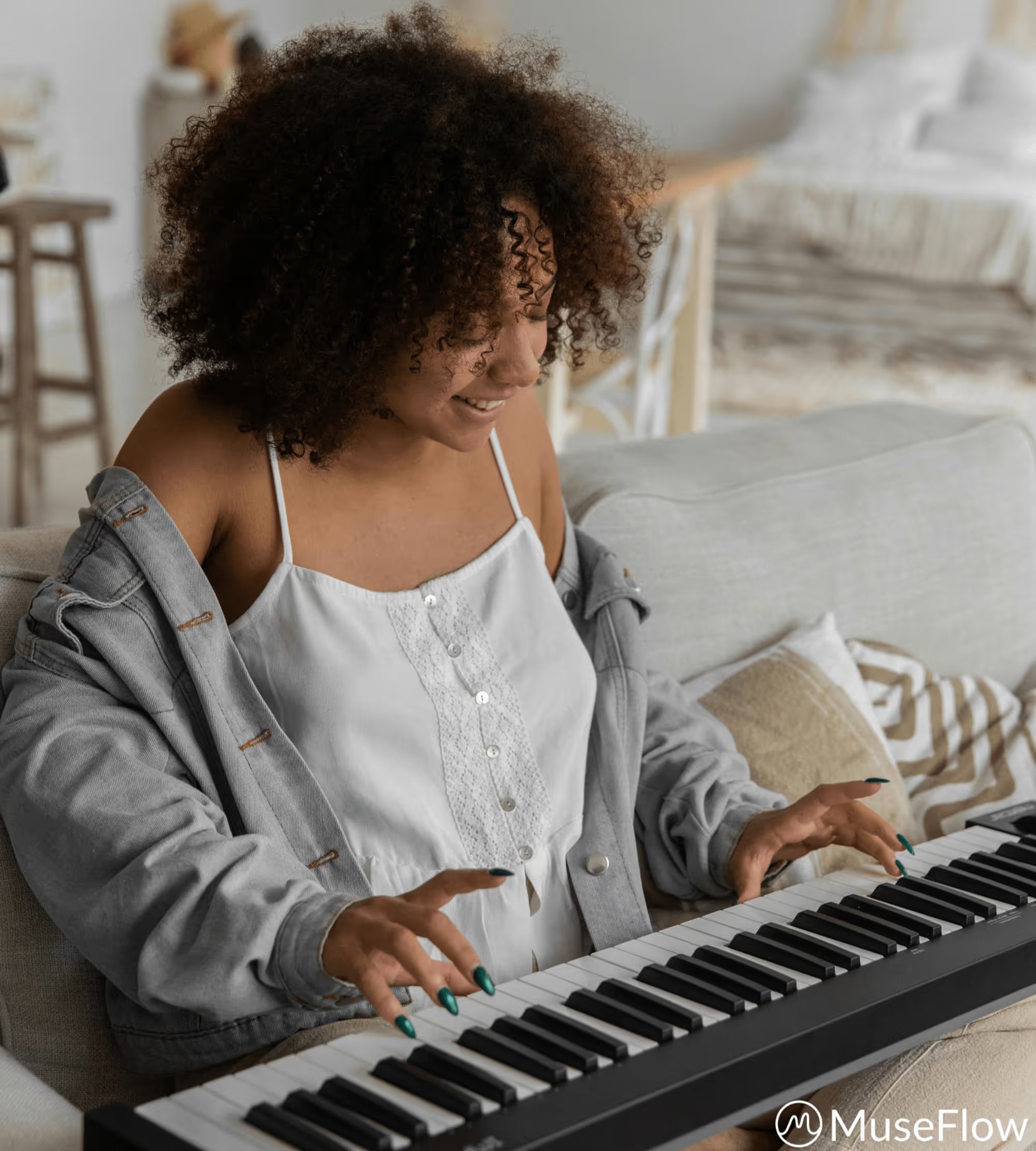
Day 7: Review and Reflection (15 minutes)
Goal: Consolidate progress and build confidence.
Action: Revisit earlier exercises and notice improvements in ease and accuracy. End the session by playing something you enjoy. Reflecting on progress reinforces motivation and supports habit formation.
Mindset: Recognition. Progress, not perfection.

Why This Approach Works for Adult Learners
This plan emphasizes principles shown to support adult learning success and enhance life:
- Time efficiency: Short sessions reduce burnout.
- Progressive structure: Each day builds logically on the last.
- Feedback awareness: Early correction prevents ingrained mistakes.
- Motivation through music: Playing real material sustains interest.
Studies on adult education and self-directed learning indicate that visible progress and adaptive pacing significantly improve retention and motivation, especially when learners can adjust practice intensity to their own capacity.
Moving Forward
After seven days, the goal is not completion, but momentum. A structured routine makes it easier to continue learning without relying on willpower alone. For adults who prefer guided practice with real-time feedback, platforms like MuseFlow can support this type of structured progression, but the learning principles themselves remain universal.
A consistent, well-designed plan—not excessive practice time—is what allows adult beginners to move forward with confidence.

Ready to start your week? Download MuseFlow and begin your adult beginner piano plan today. Your future musical self will thank you.
Piano Practice That Feels Like a Game: How MuseFlow Turns Short Sessions Into Real Skills
Let's be honest. Traditional piano practice can be a slog. Scales, arpeggios, the same exercises over and over. It's effective, sure, but it's also boring. What if there was a way to make piano practice that feels like a game while still building genuine, transferable skills? That's exactly what MuseFlow has engineered.. a revolutionary approach that turns every practice session into an engaging, immersive experience.
This isn't about gimmicks or shortcuts. It's about understanding how your brain learns best and designing a system that taps into your natural motivation. Let's explore how MuseFlow transforms gamelike piano practice into real musical mastery.
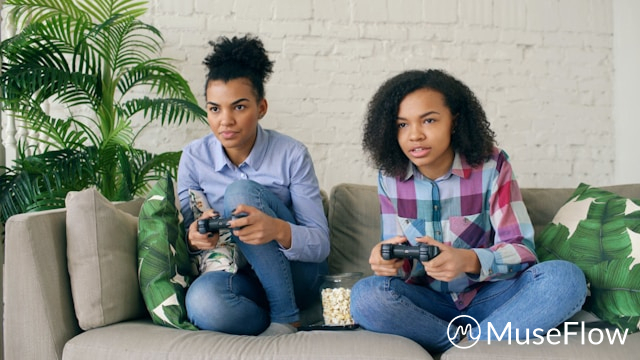
The Problem with Traditional Practice
Traditional piano practice is built on repetition. Play this scale 20 times. Drill this passage until it's perfect. Repeat, repeat, repeat. While repetition has its place, it has serious downsides for modern learners. It's mentally exhausting. It kills motivation. And worst of all, it often leads to memorization, not true skill development.
When you memorize a piece through sheer repetition, you're not learning to read music. You're learning a specific sequence of finger movements. This doesn't transfer to new pieces. It's a dead-end skill.
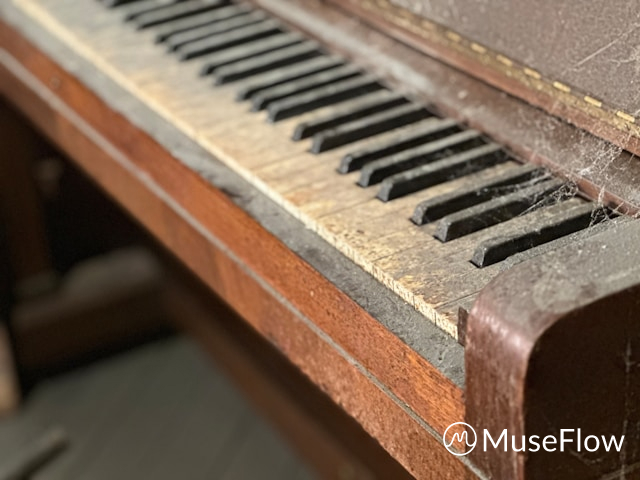
How MuseFlow Gamifies Piano Practice (Without Sacrificing Quality)
MuseFlow takes the principles of game design.. clear goals, immediate feedback, progressive challenge, and intrinsic rewards.. and applies them to piano learning. Here's how each element works to make your piano practice that is like a game while building real skills.
Feature: Never-Repeating Music Generation
Benefit: You're Always Sight Reading, Never Memorizing
This is the core innovation. MuseFlow algorithmically generates an endless stream of new music at your exact level. Every time you practice, you're encountering fresh material. You can't cheat by memorizing. You have to actually read the notes and play them. This forces your brain to develop true sight reading fluency, which is the foundation of all musical skill. Research on sight reading proficiency confirms that high-volume exposure to novel material is the fastest path to mastery.
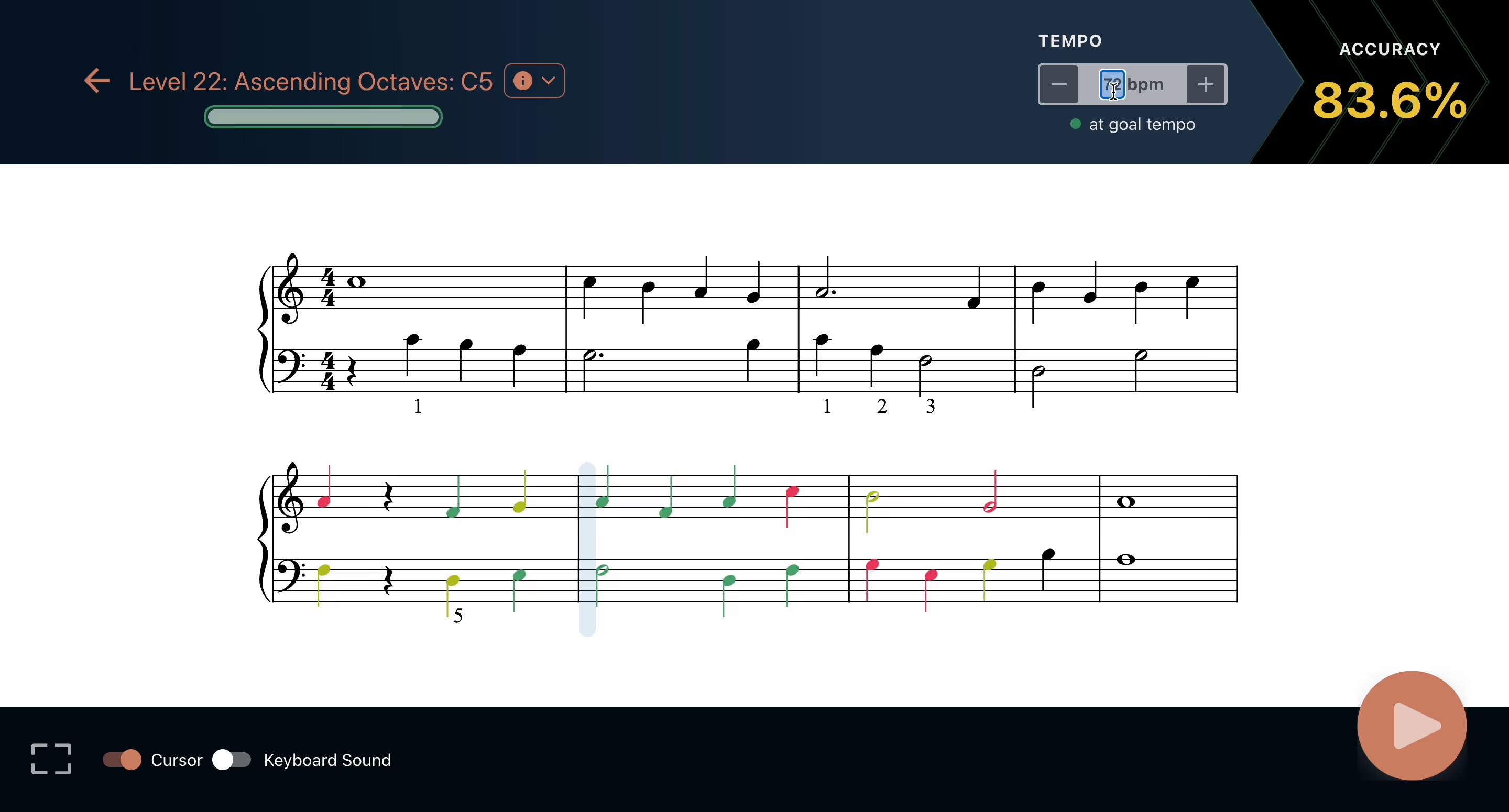
Feature: Real-Time, Color-Coded Feedback
Benefit: Instant Correction Creates Faster Learning
In a traditional lesson, you might practice for a week before your teacher corrects a mistake. With MuseFlow, you get feedback on every single note, instantly. Green means perfect. Yellow means your timing needs work. Red means wrong note. This immediate feedback loop is exponentially more effective than delayed correction. Your brain forms the right associations in real-time, not days later. Studies from MIT show that this kind of responsive practice enhances neural processing.

Feature: Level Progression & Achievements
Benefit: Clear Goals Keep You Motivated
Games are addictive because they give you clear, achievable goals. MuseFlow does the same. You start at Level 0 and work your way up through 27 progressively challenging levels. Each level introduces new concepts.. new notes, new rhythms, new complexities. As you complete levels, you unlock achievements and see your accuracy scores climb. This taps into your brain's reward system, making you want to keep playing. It's the same psychological principle that makes video games so engaging, applied to genuine skill development.
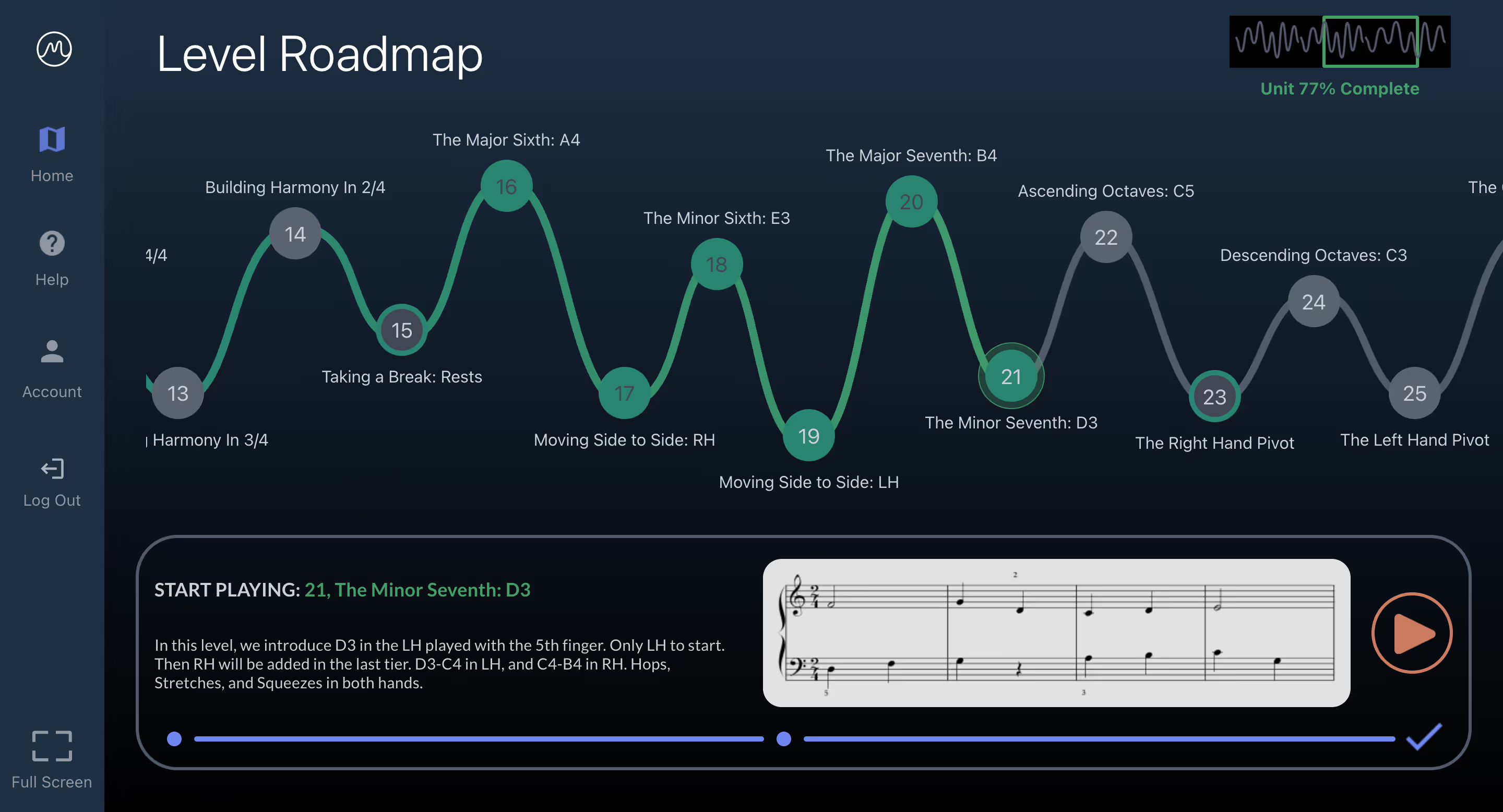
Feature: Flow State by Design
Benefit: Practice Becomes Effortless and Enjoyable
Flow State is that magical zone where you're so immersed in an activity that time disappears. It happens when challenge and skill are perfectly balanced. MuseFlow is engineered to create this state. You can adjust the tempo and difficulty to find your sweet spot.. not too easy, not too hard. When you're in flow, practice doesn't feel like work. It feels like play. And that's when learning accelerates. Research on flow in music practice shows that this state dramatically improves both enjoyment and skill acquisition.
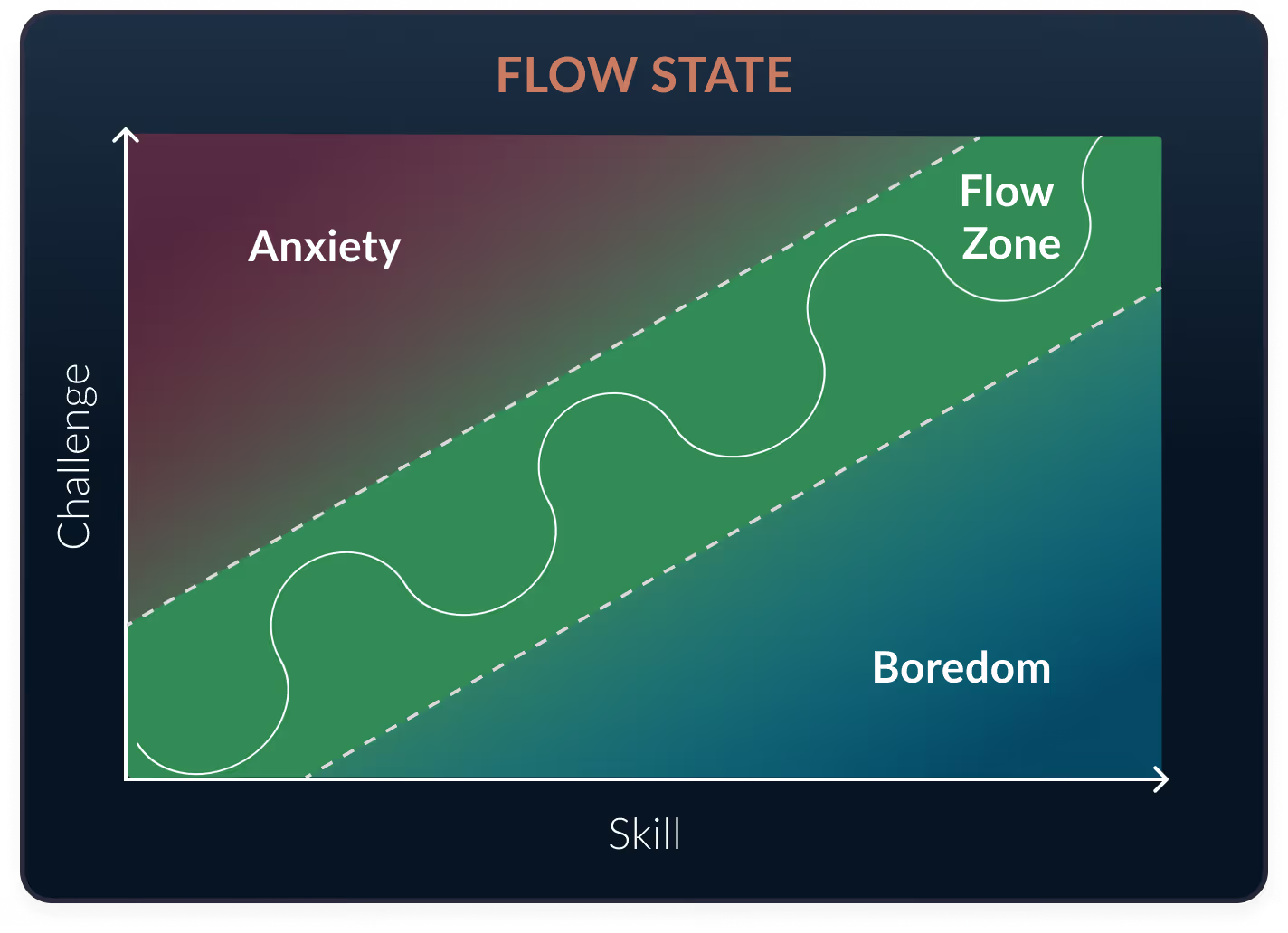
Feature: Repertoire Library for Exploration
Benefit: Freedom to Play What You Love
While the Sight Reading Trainer builds your core skills, the Repertoire Library lets you apply those skills to real music. You can explore songs across genres and difficulty levels. This freedom is crucial for maintaining long-term motivation. You're not trapped in a rigid curriculum. You can follow the guided path or branch out and explore. This combines the structure of campaign mode with the freedom of open-world game design.
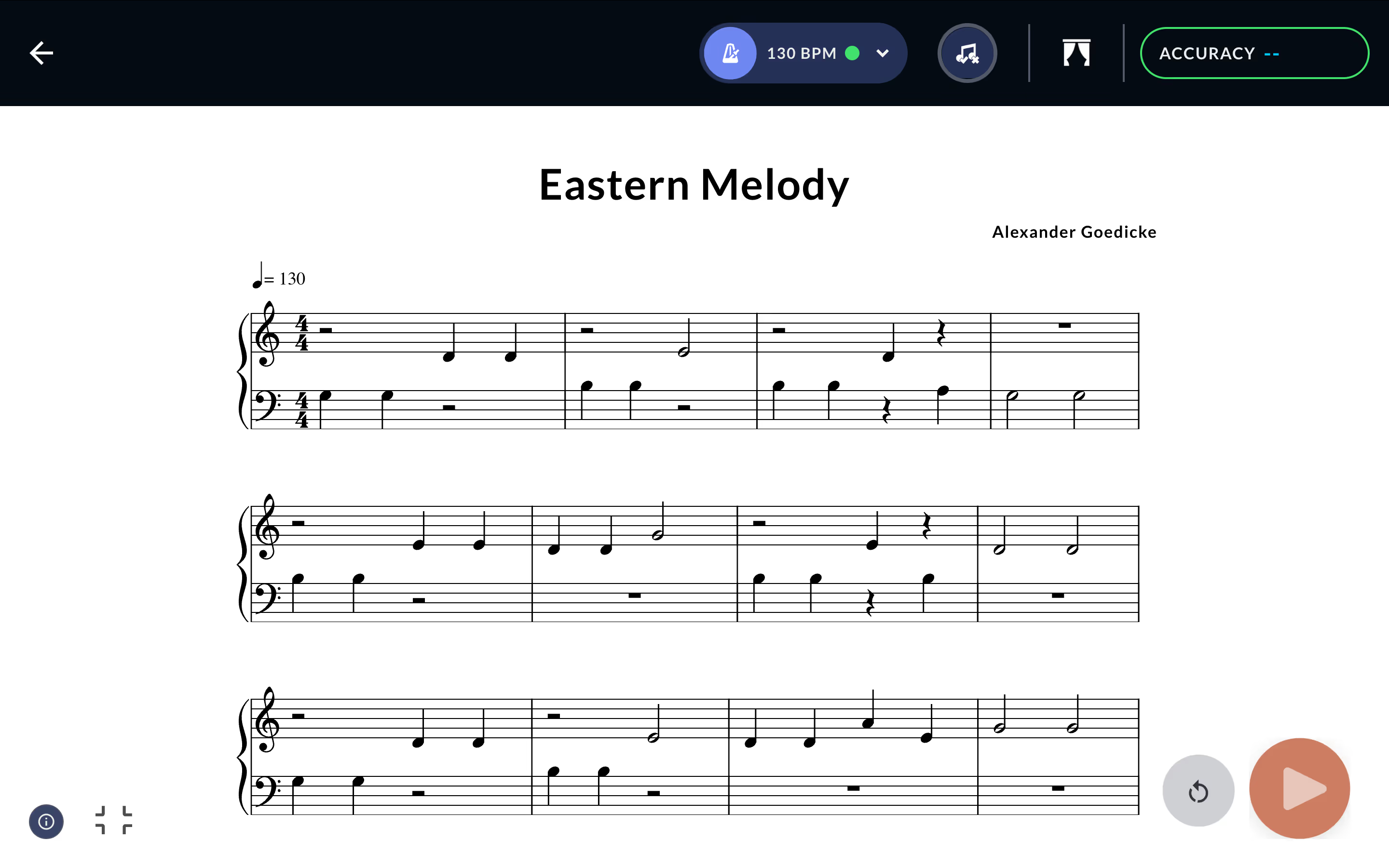
The Result: Short Sessions, Real Skills
Here's the magic of gamelike piano practice with MuseFlow. Because the experience is so engaging, you naturally practice more consistently. And because the practice is so focused and feedback-rich, every minute counts. A 15-minute session with MuseFlow is more valuable than an hour of distracted, traditional practice.
You're not just playing a game. You're building sight reading fluency, rhythm accuracy, note recognition, and musical understanding. These are transferable skills that will serve you for a lifetime. The benefits of musical training are well-documented, enhancing everything from cognitive function to emotional well-being.
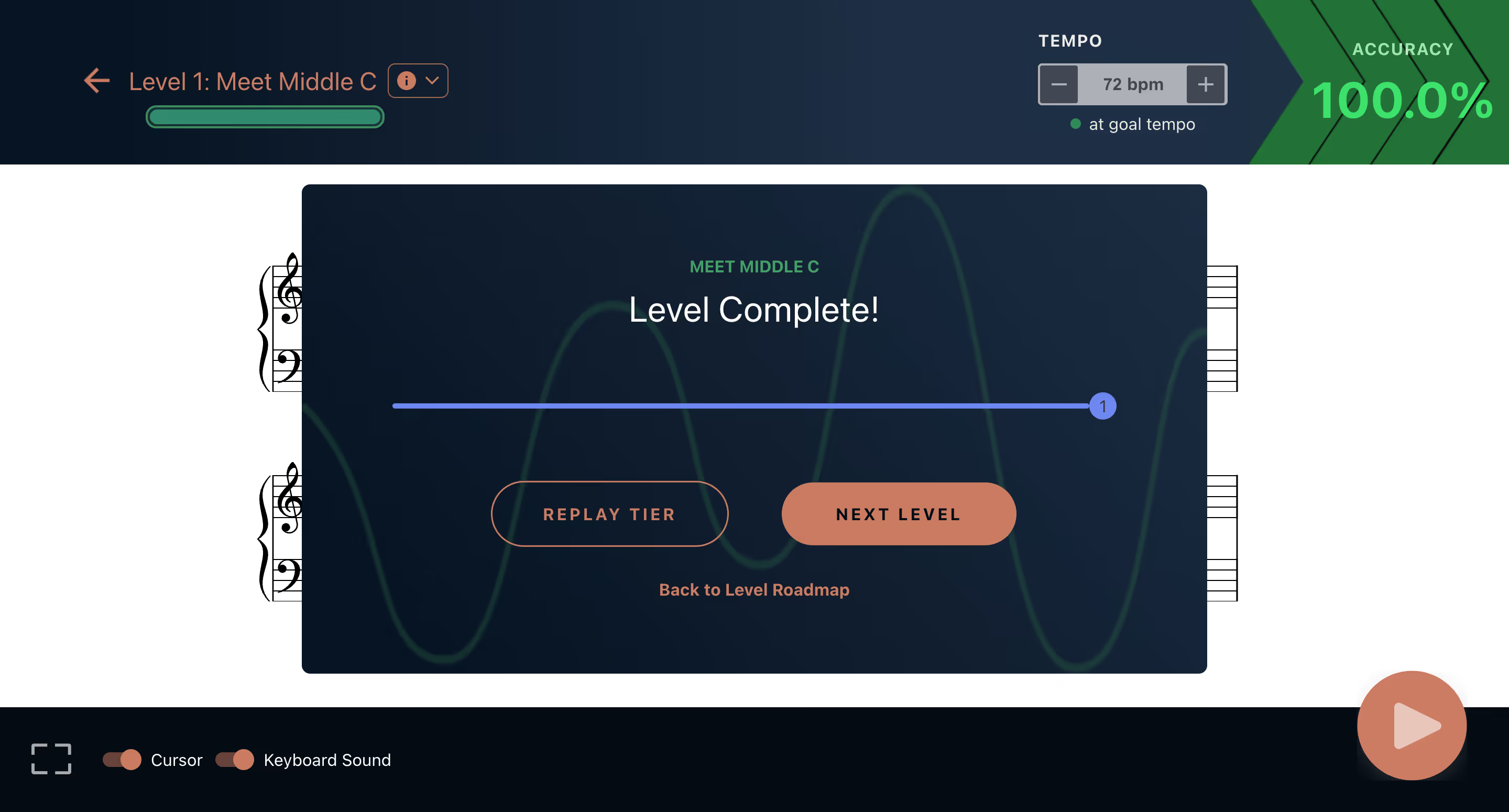
Why This Matters for Modern Learners
We live in a world of infinite distractions. Your attention is constantly being pulled in a thousand directions. Traditional, boring practice simply can't compete. MuseFlow understands this. We've built a system that respects your time, engages your mind, and delivers real results.
Piano practice that feels like a game isn't a compromise. It's an optimization. It's using everything we know about learning, motivation, and game design to create the most effective piano learning tool ever built.

Ready to experience the difference? Try MuseFlow for free and discover how piano practice that is like a game can transform your musical journey. You'll be amazed at how much you can accomplish when practice stops feeling like a chore and starts feeling like an adventure.
Can AI Replace a Piano Teacher? Here's the Real Answer
With the incredible advancements in technology, it's a question on many people's minds.. is AI replacing piano teachers? Here at MuseFlow, we believe the answer is more of a no then a yes... In fact, we see technology as a powerful new tool that can empower teachers and make music education more fun and effective than ever before.
For those looking for an experience that feels like an AI piano teacher, MuseFlow offers a revolutionary approach that is the perfect alternative to traditional lessons. But our goal isn't to replace teachers.. it's to become their new best friend.
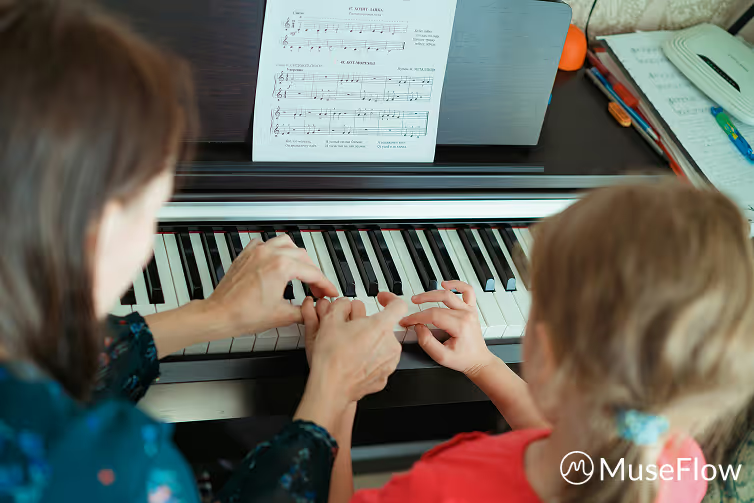
The Challenge of Traditional Lessons
As you might know, every piano teacher knows the struggle. A significant portion of each lesson is often spent on the fundamentals of technique.. correcting posture, ensuring right notes, and drilling scales. While absolutely essential, this repetitive work can sometimes overshadow the more joyful aspects of music. It can be frustrating for students, who may feel like they're just going through the motions, and for teachers, who would rather be exploring the creative side of music with their students.
What if there was a way to change this dynamic? What if lessons could be less about repetition and more about musicianship?
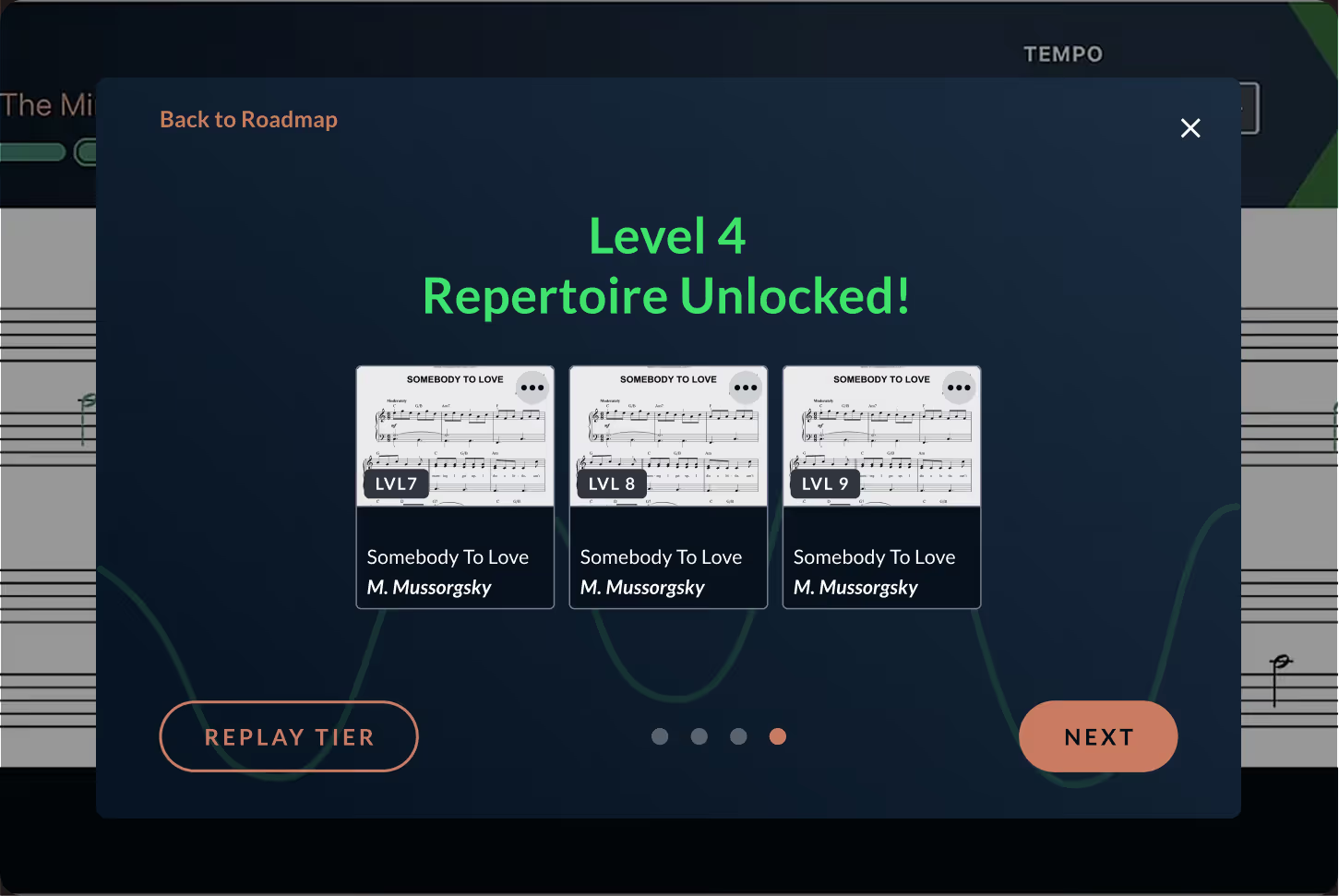
A New Role for the Teacher: The Music Coach
This is where MuseFlow comes in. Our app is designed to handle the heavy lifting of technique practice, freeing up teachers to focus on what they do best.. inspiring a love of music. Think of it as outsourcing the drills. With MuseFlow, students get:
- Uncompromising, Real-Time Feedback: Our system provides instant, precise feedback on every note, helping students correct mistakes the moment they happen. This ensures they build a solid foundation of accuracy and rhythm.
- Effortless and Engaging Practice: Through gamified exercises and a system designed to keep them in a "Flow State," students will find practice to be genuinely fun. They'll be so immersed in the experience that they won't even realize they're mastering the fundamentals.
- A Transformative Learning Journey: MuseFlow's adaptive technology tailors the experience to each student's individual needs, creating a personalized path to success. It's an elegant and ingenious way to learn.
.jpg)
The Lesson Reimagined
When teachers integrate MuseFlow into their curriculum, the entire lesson is transformed. Instead of spending the majority of the time on technical exercises, lessons can become exciting coaching sessions. Teachers can finally dedicate their time to the fun stuff.. exploring new songs, diving into music theory, and nurturing their students' unique musical voices. This shift doesn't just make lessons more enjoyable.. it also deepens the student's connection to music, fostering a lifelong passion.
As a publication from the Johns Hopkins University School of Education states, "technology can also help students become more engaged and motivated to learn. When students are using technology, they are often more focused and on-task." This is exactly what we see with MuseFlow.
So, can AI replace a piano teacher? Not a chance. But it can certainly make their job more fun and rewarding. MuseFlow is here to support teachers, not supplant them. We believe that by combining the power of technology with the passion of a great teacher, we can create a truly unstoppable learning experience.


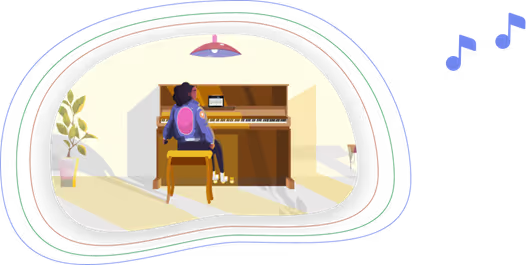
Try MuseFlow for Free!
Keep up to date on our progress as we continue to add new features!
